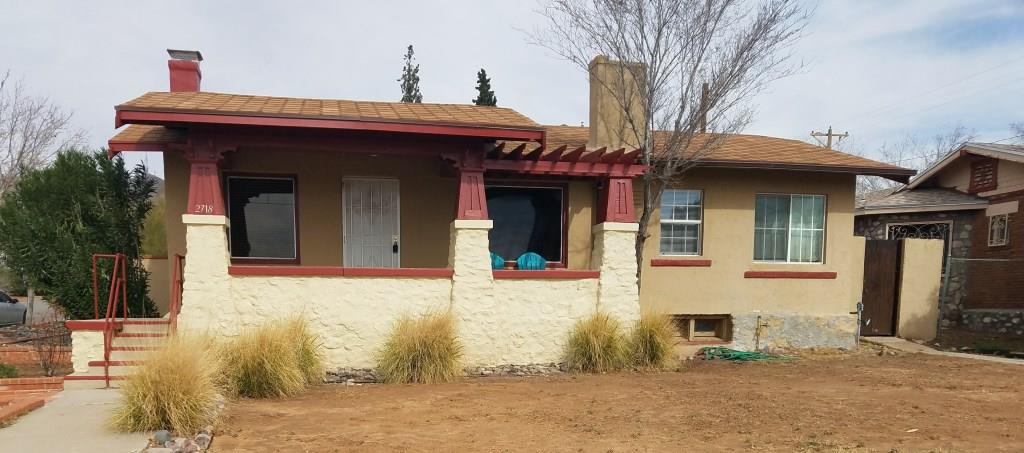Maezumi Roshi and American Zen
Below the photo is the Afterword, or concluding story, in American Zen Bones: Maezumi Roshi Stories. The little book was put together by Philomene Long, a student of Taizan Maezumi Roshi, and it's a collection of stories about interactions between Maezumi and his students, Philomene included. Coming to the U.S. in 1956, Maezumi is one of the three or four grandfathers of American Zen, greatly influencing our practice and, through his own teachings and the teachings of his Dharma successors, how we perceive Zen and its transmission from Japan to here. The obvious model for the little book is iconic Zen Flesh, Zen Bones compiled by Paul Reps and Nyogen Senzaki. AZB is certainly not a replacement for that book. It's uneven and has a taste of self-service about it. That said, it's a fun book, with bunches of interesting stories about Maezumi, his teaching methods and his communication with students. If you're like me, it's a wonderful book to keep in your library in the bathroom, ready for the Head Librarian. But this last story, which served as the Afterword, was very interesting to me and worth the price of the book. If you talk with Zensters for any length of time, you'll hear discussions about what American Zen will look like. Maezumi's take on this subject is very interesting. But a word of caution--what does not change is Zazen. Zazen is the bedrock of our practice. Father Robert Kennedy (the author of this eulogy) recalls, "Maezumi Roshi was so adamant in his insistence that we sit well that he advised us not to sit at all if we were not attentive to form." And it's said that he carried the stick for a reason.
This [eulogy] was originally delivered as a tribute
by Father Robert E. Kennedy, S.J., a Catholic priest and Zen master
at the funeral of Maezumi Roshi, August 27, 1995.
Distinguished guests and dear friends. It is my pleasure to relate to you my last and most memorable conversation with Maezumi Roshi here in Los Angeles.
Maezumi Roshi told me that Buddhism today differs fundamentally from the Buddhism of the time of Sakyamuni Buddha.
“Surely not fundamentally different,” I asked the Roshi.
“YES,” Maezumi answered, “fundamentally different.”
Maezumi Roshi said that Buddhism in Japan today with its strong ascetic emphasis was nowhere known in the time of Buddha.
More than that, Maezumi Roshi said that not only can Buddhism change fundamentally but it must change change fundamentally. In every century and every culture Buddhism must find new forms to teach the people standing out in front of them now. It is unthinkable to have a static Buddhism in a changing world. It is unthinkable for Buddhism to imitate old forms of teaching and living, no matter how precious those forms may be.
More than that, Buddhism must not only leave its old forms of expression, Buddhism must leave Buddhism itself in order to enter the Field of Blessings, the Field of Blessings that transcends every human insight and every religious civilization.
More than that, Maezumi Roshi said that Buddhism must be open to the non-Buddhist. Self-giving knows no boundaries, self-giving knows no end.
And then to my delight Maezumi personalized his teaching. He said how happy he was that I, a Catholic priest, came to Buddhism to study and to learn. And he said how happy he was that Glassman Roshi had prepared me to stay and teach.
For me this is the spirit of Buddhism: subtle and generous and open to the stranger. And for me this was Maezumi Roshi’s spirit--subtle and generous and open to the stranger.
More than that, Maezumi Roshi knew there was no stranger.
Maezumi Roshi, may I bid you farewell in a poem of your own language that you once said you appreciated and surely matches your spirit.
Kudakute mo
Kudakute mo ari
Miso no tsuki
Though it is broken and broken again
Still it is still there
The moon in the water






No comments:
Post a Comment